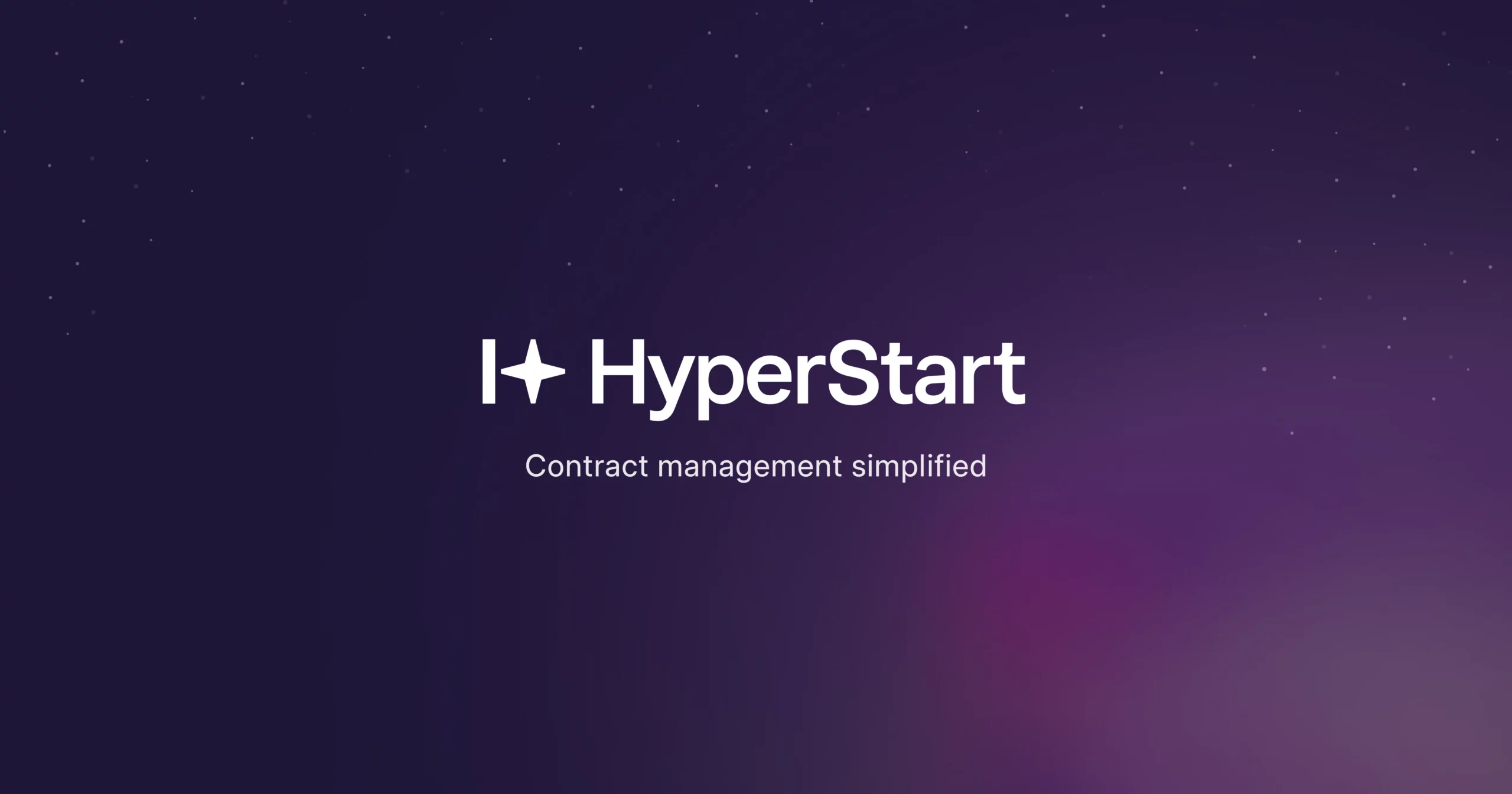What is a vendor agreement?
A vendor agreement is a legal contract between a business and a supplier that outlines terms for the supply of goods or services. It specifies pricing, delivery schedules, quality standards, and other conditions critical to the supplier-client relationship.
Vendor agreements ensure that both parties clearly understand their responsibilities and protect each side’s interests, helping to avoid disputes and establish a productive, legally binding arrangement. For more in-depth information, explore the vendor contract management blog to learn best practices in managing vendor relationships.
What are the types of vendor agreements?
The following are some common types of vendor contracts:
- Fixed price contracts: In a fixed price contract, the price is set and agreed upon from the outset, regardless of changes in cost or time requirements. This type of agreement provides predictability and protects buyers from unexpected price increases. Learn about managing costs effectively in the contract management software pricing blog.
- Cost-reimbursable contracts: These contracts reimburse the vendor for all eligible costs up to a predetermined limit. They offer flexibility, especially for complex projects where costs may fluctuate, but require careful cost tracking.
- Time and materials contracts: These contracts charge based on the time spent and resources used, making them suitable for projects with variable scopes. This type of agreement provides flexibility for both parties but requires close monitoring to avoid cost overruns.
- Indefinite delivery contracts: These agreements outline general terms for a product or service without specific quantities or schedules, allowing for flexible fulfillment. They’re commonly used in government contracting where ongoing needs are anticipated.
What are key clauses in a vendor agreement?
Quality standards and inspections: Specifies product quality expectations and the buyer’s right to inspect goods before acceptance. This clause helps ensure that delivered goods or services meet the client’s standards.
Payment terms: Defines payment schedules, including timelines for invoicing and penalties for late payments. Clear payment terms prevent misunderstandings and ensure both parties understand their financial obligations.
Termination rights: Outlines the circumstances under which either party can terminate the agreement, protecting both parties from unfavorable conditions. This clause is critical for establishing a fair exit strategy if contractual obligations aren’t met.
Confidentiality: Protects sensitive information shared between the vendor and client. This clause ensures that proprietary information is safeguarded and prevents misuse of shared data. For data protection best practices, check out our legal contract management blog.
Vendor agreements provide a structured framework for defining expectations, safeguarding interests, and fostering a reliable partnership between businesses and suppliers.
Try first. Subscribe later.
Boost your legal ops efficiency by 80%.


